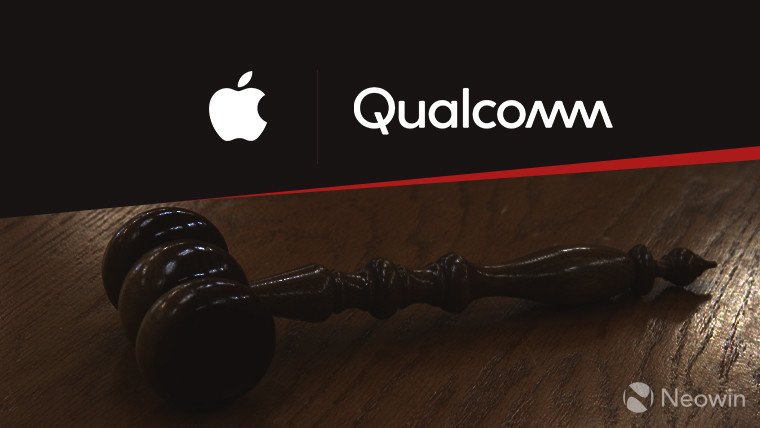
In the ongoing drama that is Apple vs. Qualcomm, it was recently reported that Qualcomm apparently refused to supply modems for Apples latest devices. Whilst it was originally thought that the reason Qualcomm refused to supply modems was due to the ongoing licensing issues and litigation between the two companies, some new emails unearthed by Bloomberg from 2017 and 2018 between Apple executive Jeff Williams and Qualcomm CEO Steve Mollenkopf might shed some more light on the story.
In the emails, Williams assured Qualcomm it would never leak any code required to customize Qualcomm modems, which is likely in relation to the claims Qualcomm made saying Apple was leaking Qualcomm code to Intel. Williams even offered to "firewall" the software engineers who were working with the code in question. Additionally, he said Apple was planning to buy $2 billion worth of chips from Qualcomm. In return, the Qualcomm CEO asked Apple to assure them that they would use Qualcomm modems in at least 50% of the iPhones made over the next two years.
Excerpts from Jeff Williams' emails to Steve were made available, in which he said:
"In my wildest imagination of some evil intention of Apple, I have trouble coming up with a real scenario where anything of significant value could be leaked based on this code."
“I just hope the licensing dispute doesn't cloud good judgment in the team on a massive business opportunity.”
“I was hoping to keep some decent quantity of business flowing with hopes that the licensing stuff will get solved.”
Mollenkopf responded by raising concerns about Qualcomm's proprietary code and by referring to a lack of response on Apple's part in relation to earlier claims made by Qualcomm in this regard. He additionally added that his concerns about doing business with Apple were "independent of our license dispute."
From this, it seems that despite earlier claims by Williams stating Qualcomm refused to supply modems as a result of the ongoing litigation between the two, Qualcomm may have refused, at least in part, over concerns regarding its proprietary information, instead.
Source: Bloomberg


















11 Comments - Add comment